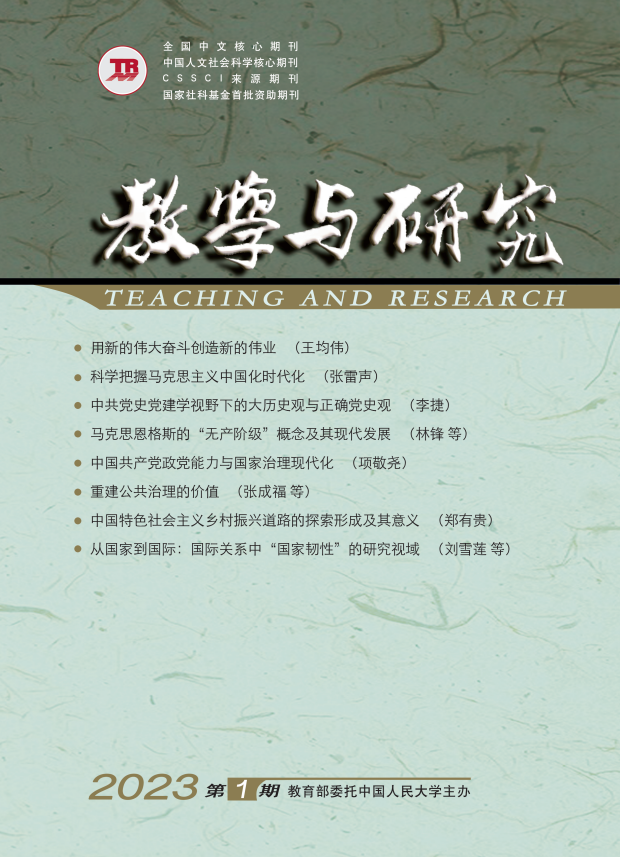The modernization of national governance is a global issue, and it is a systematic, strategic and intricate project. Political parties are the main driving force of modern state governance, and the modernization of state governance calls for political parties with strong overall planning and integration capabilities, strategic planning capabilities, and implementation capabilities. The strong capacity of the Communist Party of China (CPC) is the key factor for the modernization of national governance. Relying on its own capabilities, the CPC provides strong political, ideological, organizational and institutional guarantees, creates fundamental conditions, and maintain strong leadership for the modernization of national governance. In the process of promoting the modernization of national governance, the capacity of the CPC has also been continuously consolidated. The modernization of national governance has laid a practical foundation for enhancing the capacity of the CPC, provided value guidance, and fostered institutional advantages. The strong capability of the CPC constitutes the core content of the Chinese path towards the modernization of national governance, and is the fundamental key to understanding “why the CPC can succeed”.



